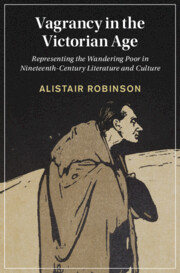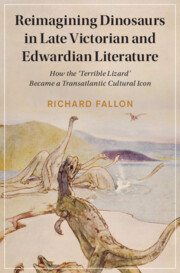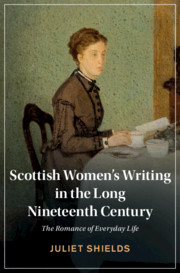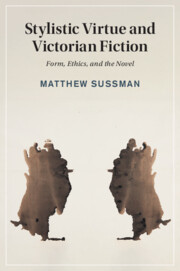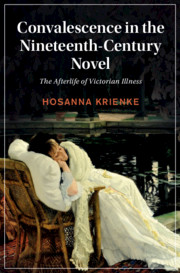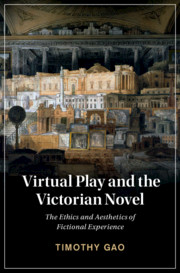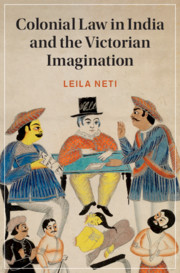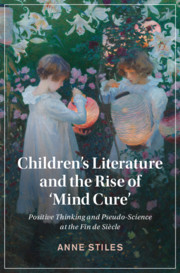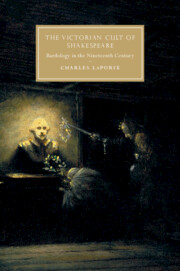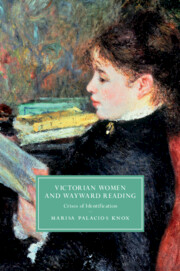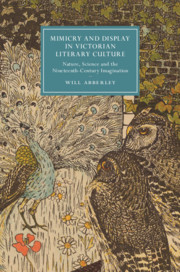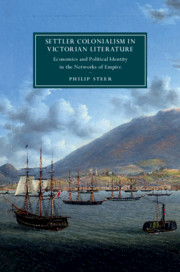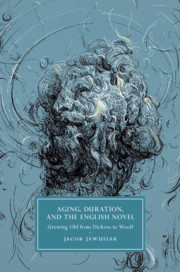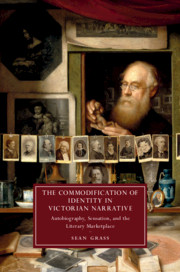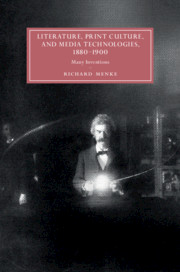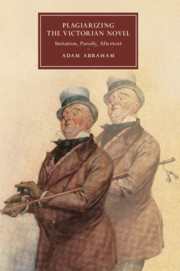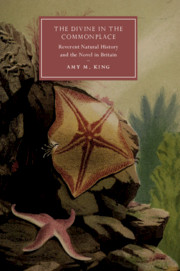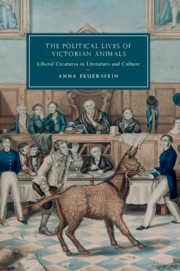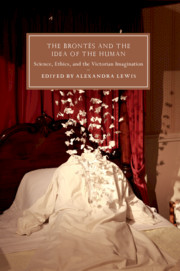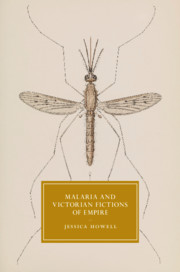Nineteenth-century literature and culture have proved a rich field for interdisciplinary studies. Since 1994, books in this series have tracked the intersections and tensions between Victorian literature and the visual arts, politics, gender and sexuality, race, social organisation, economic life, technical innovations, scientific thought - in short, culture in its broadest sense. Many of our books are now classics in a field which since the series' inception has seen powerful engagements with Marxism, feminism, visual studies, post-colonialism, critical race studies, new historicism, new formalism, transnationalism, queer studies, human rights and liberalism, disability studies, and global studies. Theoretical challenges and historiographical shifts continue to unsettle scholarship on the nineteenth century in productive ways. New work on the body and the senses, the environment and climate, race and the decolonisation of literary studies, biopolitics and materiality, the animal and the human, the local and the global, politics and form, queerness and gender identities, and intersectional theory is re-animating the field. This series aims to accommodate and promote the most interesting work being undertaken on the frontiers of nineteenth-century literary studies, connecting the field with the urgent critical questions that are being asked today. We seek to publish work from a diverse range of authors, and stand for anti-racism, anti-colonialism and against discrimination in all forms.
